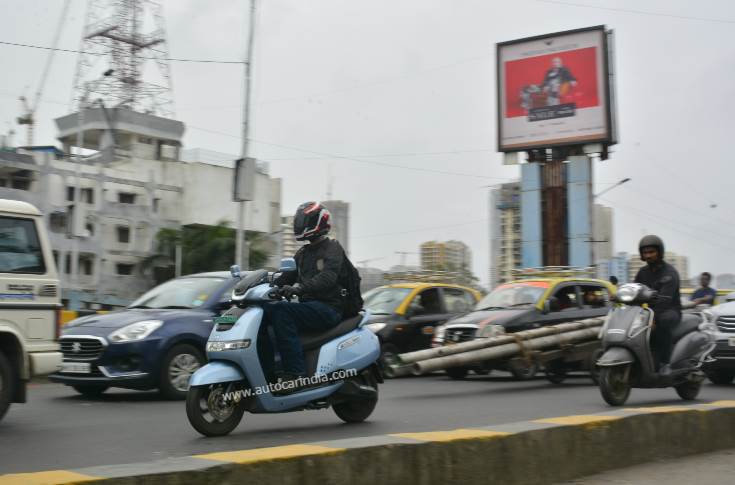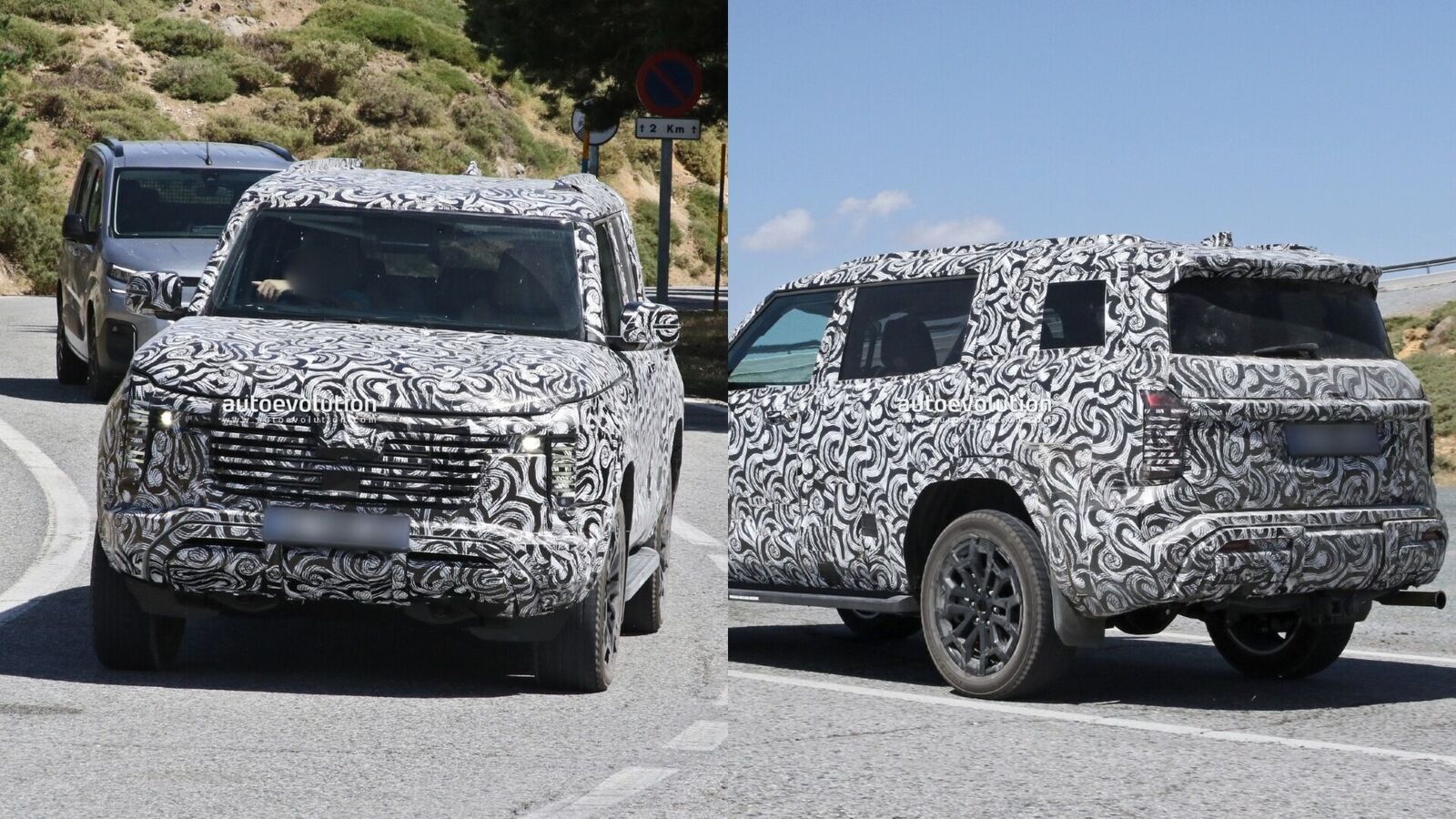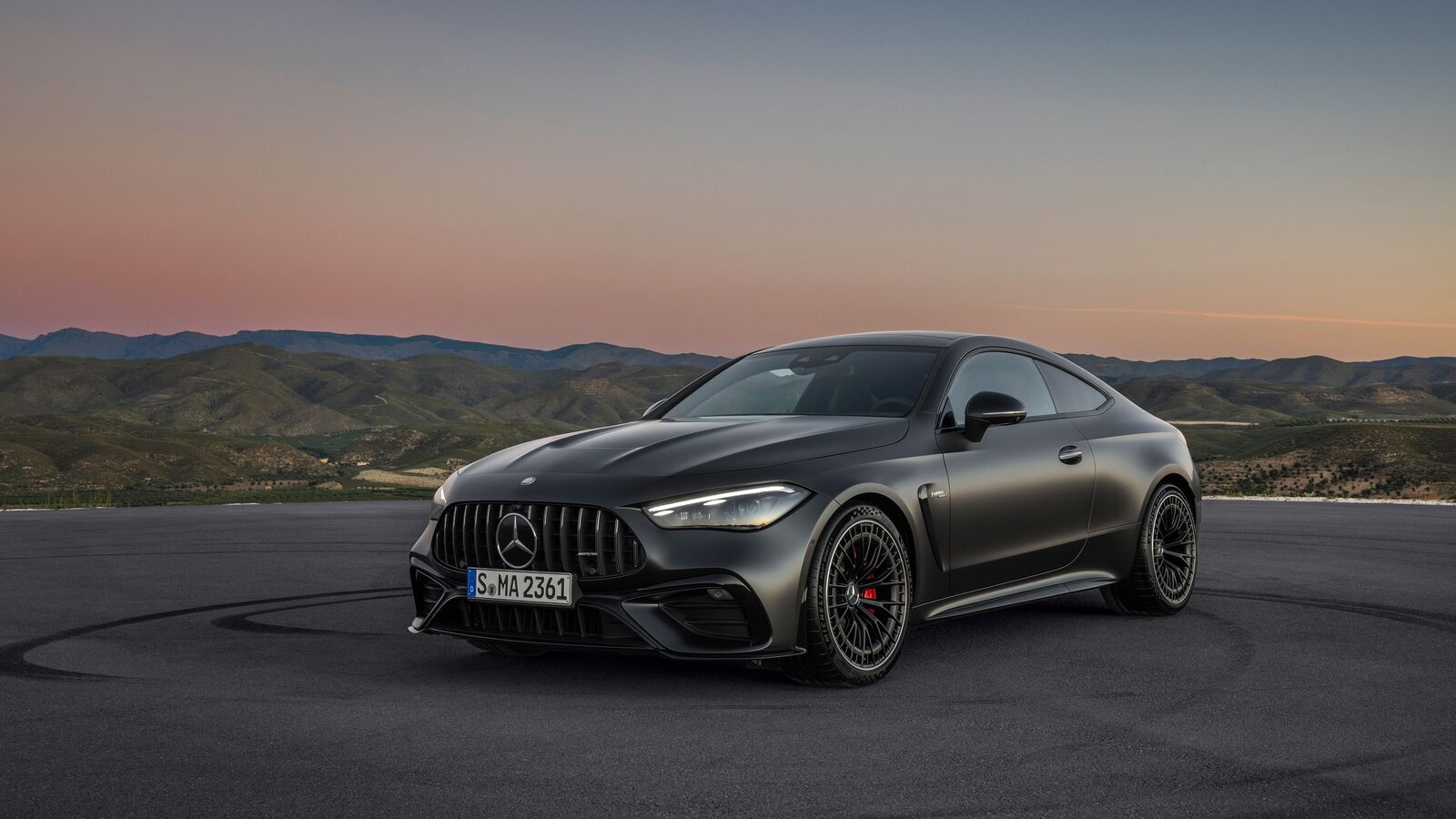With election vehicle adoption gradually picking up in the country, Maharashtra had the largest fleet of electric two-wheelers, passenger vehicles and buses at the end of 2023, according to research by Bloomberg New Economy Forum.
“Karnataka followed, with the second-largest fleet of electric two-wheelers and cars. Delhi is rapidly electrifying its municipal bus fleet and, as of 2023, the number of e-buses in the state was second only to Maharashtra,” Bloomberg NEF said in a report.
Sales of electric two-wheelers, cars and buses are gradually gaining momentum in the country, driven by lower lifetime ownership costs, the availability of more models and purchase subsidies.
Electric vehicle penetration in India’s passenger vehicle sales stood at 2.3 percent in 2023 with the sales doubling to 96,000 units in 2023. Tata Motors accounts for 69 percent of the electric cars sold, followed by MG Motors with a share of 13 percent.
“Private demand for EVs in this segment remained strong, fueled by the popularity of compact electric SUVs, as well as the launch of low-cost models in the small segment such as Tata Motors’ Tiago EV and MG Motor’s Comet EV,” Bloomberg said. Demand in the shared mobility space was also robust and steady with the companies inducting more electric vehicles into its fleet.
Penetration of electric two-wheelers in overall two-wheeler sales was at 6 percent with over 1 million units sold. Ola Electric remains the market leader with a share of 31 percent, followed by TVS Motor Co with a 19 percent share.
The demand for electric two-wheelers is also supported by higher gasoline prices and relatively lower total cost of ownership as well as better availability of models in the market.
Three-wheelers in the segment which is witnessing the highest penetration with 62 percent in 2023. Penetration of electric buses was at 4.3 percent during the year. Tata Motors is the market in leader electric bus sales with 49 percent, followed by Olectra Greentech with a 13 percent share.
One of the major factors that is driving the sales of electric vehicles in India is incentives from the central government in the form of demand-side incentives and incentives for local manufacturing. Lower tax on electric vehicles compared with that of internal combustion engine models also aids sales.
State transport units are the major source of electric bus sales in the country and it is reliant on government procurement. Under the present mechanism, central agencies procure electric buses and hand them over to state transport units.
“Delhi led the market in 2023, with 1,121 e-buses added –nearly three times the additions in the state a year ago and 42 percent of all e-buses deployed. This was followed by Maharashtra with 451 e-buses. The push from state governments remains the largest driver of EV adoption in this segment, supported by federal subsidies,” Bloomberg said.
On the infrastructure side, it is estimated that India had nearly 17,000 public electric vehicle charging stations by March 2024. The government also supports setting up of electric vehicle charging stations through subsidies to oil marketing companies. “Efforts to improve the network of fast EV chargers are also expanding with state-owned fuel retailers at the forefront,” the research added.




